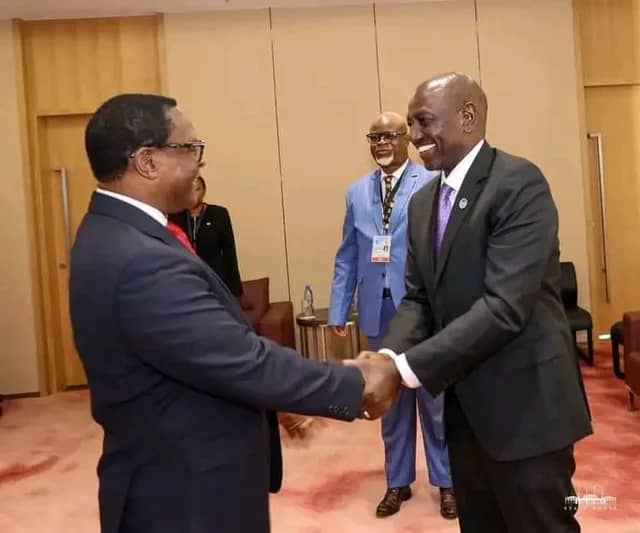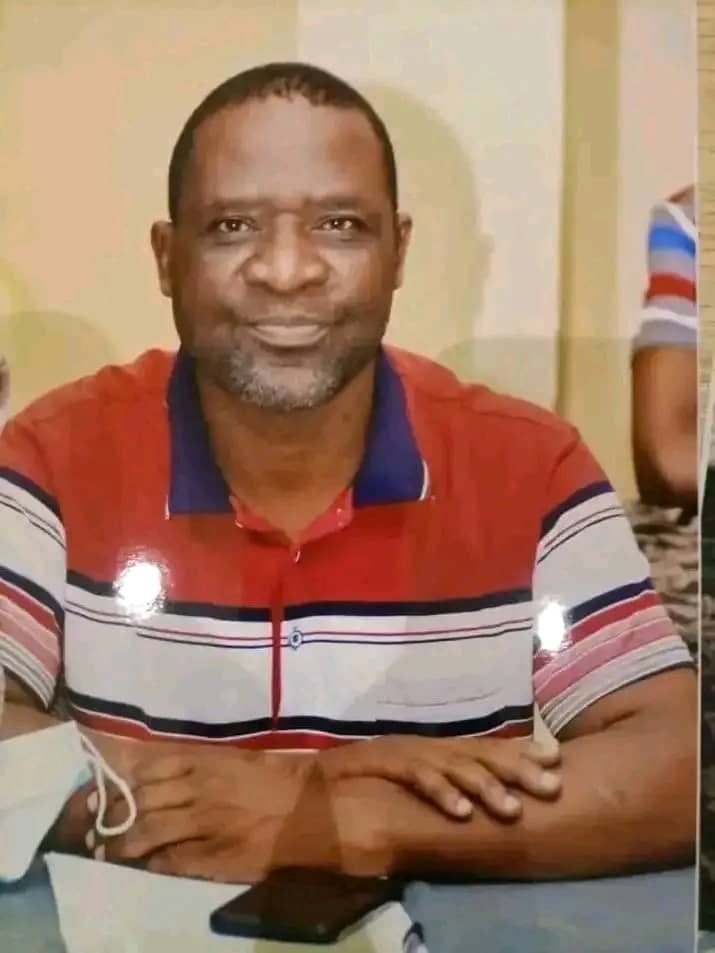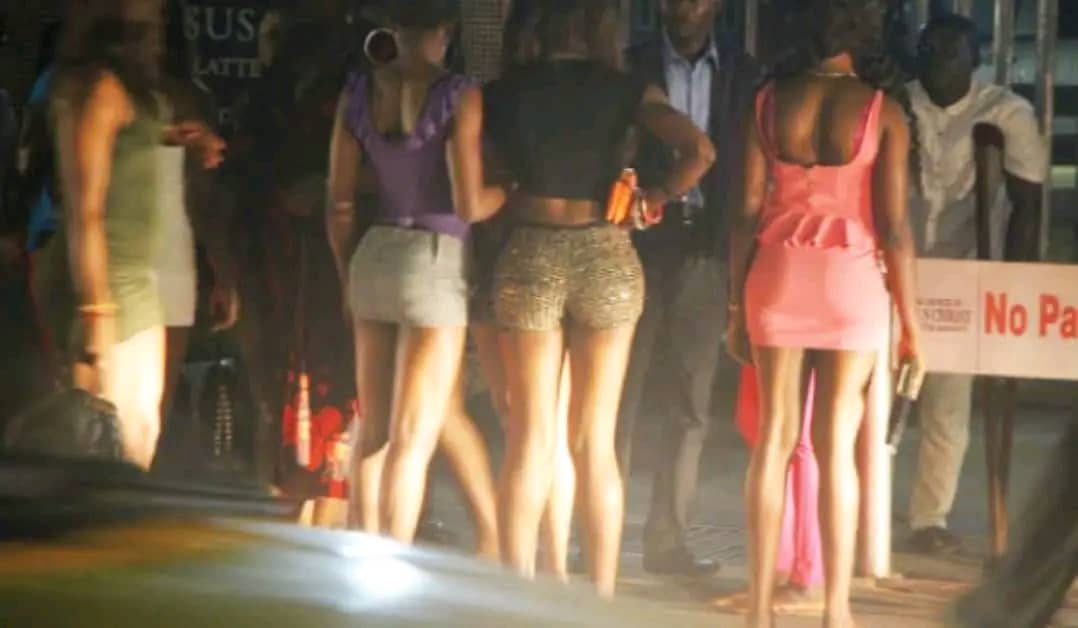By Burnett Munthali
Kenyan President William Ruto has swiftly returned to his country after attending the 79th United Nations General Assembly (UNGA) in New York, while Malawi’s President Lazarus Chakwera remains abroad, sparking discussions about the differing leadership styles and national priorities of these two African leaders.
Ruto’s trip to the United States was a compact, week-long engagement, accompanied by key members of his government, including Prime Cabinet Secretary Musalia Mudavadi and opposition leader Raila Odinga. His strategic team not only addressed climate change and development issues but also strengthened diplomatic ties in pursuit of regional leadership within Africa, particularly with Odinga’s African Union Commission chairperson bid. Despite the importance of UNGA, Ruto’s immediate return to Kenya is indicative of his focus on handling pressing domestic issues, including mounting political tensions within his ruling Kenya Kwanza camp, particularly the impeachment motion against his deputy, Rigathi Gachagua. This swift return reflects his determination to balance both international and local concerns.
In stark contrast, Malawi’s President Lazarus Chakwera, leading one of the world’s poorest nations, has taken a different approach, prolonging his stay in New York long after the formal engagements at the UNGA. While Ruto prioritizes his immediate domestic political agenda, Chakwera’s continued presence abroad raises questions about Malawi’s positioning on the global stage and its priorities back home.
Malawi, facing severe socio-economic challenges, including widespread poverty, high unemployment rates, and the devastating effects of climate change, arguably stands to benefit more from international forums like the UNGA than most. For a country with limited global influence and struggling with financial constraints, Chakwera’s prolonged diplomatic engagements could be seen as necessary. In theory, extended participation at UNGA offers opportunities for crucial meetings with development partners, securing aid, and advancing climate change discussions — issues vital for Malawi’s future.
However, Chakwera’s extended absence has also sparked public curiosity and frustration. Critics argue that while Malawi undoubtedly needs international support, the president’s prolonged stay may not align with the urgent needs of his people back home. The country continues to grapple with inflation, rising food prices, and power shortages. It remains to be seen whether Chakwera’s extended diplomacy will yield tangible benefits for the struggling Malawian economy.
Ultimately, the contrast between Ruto’s quick return to tackle internal matters and Chakwera’s extended stay at the UNGA reflects two distinct approaches to leadership. Ruto’s domestic focus underscores the importance of political stability and governance, while Chakwera’s diplomacy signals a reliance on international partnerships to address Malawi’s challenges. Whether Chakwera’s strategy will pay off or be seen as a missed opportunity remains to be seen, but the difference in leadership styles highlights the delicate balance African leaders must strike between global engagement and addressing immediate national concerns.




